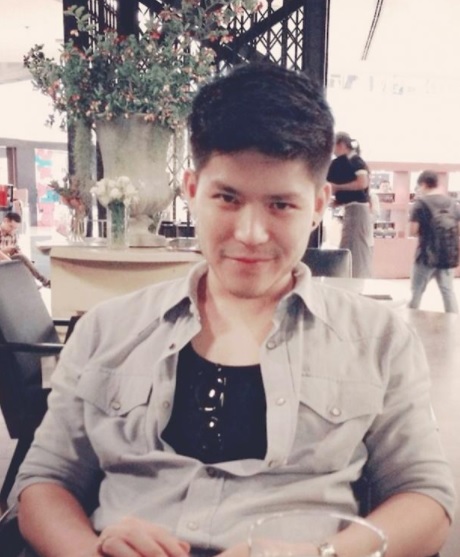Trithip operator needs more space, looks to neighbouring markets

.gif)
Trithip operator needs more space, looks to neighbouring markets
แจกเครดิตฟรี สล็อต บาคาร่า คาสิโนออนไลน์ JQK41Panuvat Pongkittilar, 25, a third-generation member of the family which operates the Trithip store at Sao Ching Cha in Bangkok, specialising in supplies for monks, plans to open a new community mall offering supplies, located on Mahachai Road. The store at Sao Ching Cha, which has been in operation for more than 40 years, was running out of space, he said.
Panuvat said he also planned to expand his family's monk-supply business into neighbouring markets, in particular, Myanmar and Bali, where local retail outlets offering supplies for monks were rare.
With an investment of more than Bt50 million - excluding the nearly one-rai plot on Mahachai Road - construction of the new four-floor mall will start this year and is expected to be completed by mid-2015.
A modern retail concept will be introduced to the community mall, making it the first to offer supplies for monks in the capital. It is anticipated that the mall will generate between Bt20 million and Bt30 million in annual sales, said Panuvat.
"We have been facing space limitations at our existing shop in Sao Ching Cha, where our six shophouse units operate together. We have limited space for stocking products as well as parking for our customers. However, with the expansion of our retail space, we are confident that our monk-supply business will be able to grow," said Panuvat.
He added that Thailand's supply business for monks last year was worth in the region of Bt10 billion. A lower-than-expected growth of between only 2-3 per cent was due to negative news reports, including those focusing on jet-setting monk, Luang Pu Nen Kham and Mitsuo Shibahashi - forced by scandal to leave the monkhood after 40 years.
Panuvat, who graduated with a Bachelor's degree in Business Administration and Real Estate from Assumption University (ABAC), said he dreamed about running real-estate projects, especially residential projects.
"Myself and my mother love taking on empty plots of land and developing them into commercial real-estate projects - that's why I decided to study real estate in the first place," said Panuvat, adding that his university degree in business administration had assisted him in the development of his family's business.
Panuvat said that on average local households spent about Bt500 a month on merit-making activities, including the purchase of supplies for monks.
Panuvat said he also planned to expand his family's monk-supply business into neighbouring markets, in particular, Myanmar and Bali, where local retail outlets offering supplies for monks were rare.
With an investment of more than Bt50 million - excluding the nearly one-rai plot on Mahachai Road - construction of the new four-floor mall will start this year and is expected to be completed by mid-2015.
A modern retail concept will be introduced to the community mall, making it the first to offer supplies for monks in the capital. It is anticipated that the mall will generate between Bt20 million and Bt30 million in annual sales, said Panuvat.
"We have been facing space limitations at our existing shop in Sao Ching Cha, where our six shophouse units operate together. We have limited space for stocking products as well as parking for our customers. However, with the expansion of our retail space, we are confident that our monk-supply business will be able to grow," said Panuvat.
He added that Thailand's supply business for monks last year was worth in the region of Bt10 billion. A lower-than-expected growth of between only 2-3 per cent was due to negative news reports, including those focusing on jet-setting monk, Luang Pu Nen Kham and Mitsuo Shibahashi - forced by scandal to leave the monkhood after 40 years.
Panuvat, who graduated with a Bachelor's degree in Business Administration and Real Estate from Assumption University (ABAC), said he dreamed about running real-estate projects, especially residential projects.
"Myself and my mother love taking on empty plots of land and developing them into commercial real-estate projects - that's why I decided to study real estate in the first place," said Panuvat, adding that his university degree in business administration had assisted him in the development of his family's business.
Panuvat said that on average local households spent about Bt500 a month on merit-making activities, including the purchase of supplies for monks.